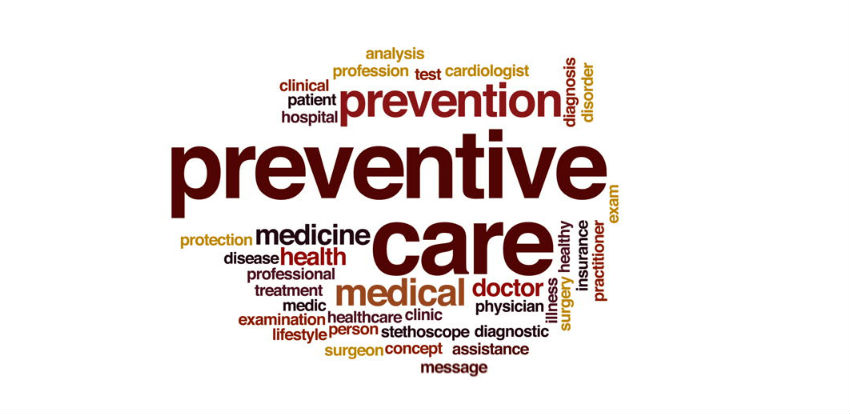 If you haven’t heard this phrase yet, you most likely will. This is an area that has a big focus on energy and time in healthcare today. Honestly, it probably should have always been and not that we didn’t but not with the intensity of what we should have been. So, what is medication reconciliation?
If you haven’t heard this phrase yet, you most likely will. This is an area that has a big focus on energy and time in healthcare today. Honestly, it probably should have always been and not that we didn’t but not with the intensity of what we should have been. So, what is medication reconciliation?
What is Medication Reconciliation all about?
 If you haven’t heard this phrase yet, you most likely will. This is an area that has a big focus on energy and time in healthcare today. Honestly, it probably should have always been and not that we didn’t but not with the intensity of what we should have been. So, what is medication reconciliation?
If you haven’t heard this phrase yet, you most likely will. This is an area that has a big focus on energy and time in healthcare today. Honestly, it probably should have always been and not that we didn’t but not with the intensity of what we should have been. So, what is medication reconciliation?
 “Distress is Bad. Eustress is Good.” Timothy Ferriss
Distress refers to harmful stimuli that make you weaker, less confident, and less able. Eu-, Greek prefix for “healthy”. We all have stress in our lives. The degree of stress you are under, the type of stress, the duration of the stress and how you are coping with the stress will determine if you are physically affected. Any stress that becomes overwhelming, whether one considers it good stress or bad stress can cause harm if going on too long.
“Distress is Bad. Eustress is Good.” Timothy Ferriss
Distress refers to harmful stimuli that make you weaker, less confident, and less able. Eu-, Greek prefix for “healthy”. We all have stress in our lives. The degree of stress you are under, the type of stress, the duration of the stress and how you are coping with the stress will determine if you are physically affected. Any stress that becomes overwhelming, whether one considers it good stress or bad stress can cause harm if going on too long.




